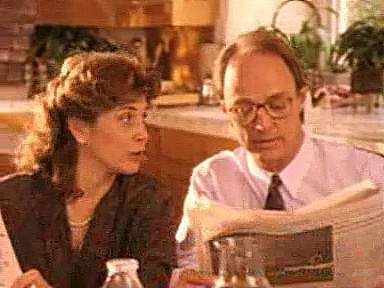How Obama's False Promise That You Can Keep Your Health Plan Helped Pass Obamacare

Why does it matter that President Obama so clearly misled people by telling them that, under Obamacare, anyone who liked their current health plan could keep their current health plan? After all, some form of alternative coverage will still be available to people whose current individual market plans are canceled. And, as I've seen some liberal wonks point out, it's not as if health reforms that many of Obamacare's opponents support would allow every single person to keep the health plan they have today.
The latter point has some truth to it. Lots of health policy wonks who oppose Obamacare have supported, or at least said positive things, about health care policies that would break or weaken the link between employment and coverage. The U.S. health care system, with its layers of interlocking coverage mechanisms—Medicare, Medicaid, and tax-advantaged employer-sponsored insurance—was at least quasi-dysfunctional prior to Obamacare: It worked well enough for a significant number people who got coverage through their jobs, but created an array of long-term cost-control problems while creating access issues for a significant minority of the country. Disentangling that mess would almost certainly result in some people losing access to coverage they're happy with now.
But while wonks have talked about these problems, Republicans haven't exactly been outspoken salespeople for any large-scale health reform of their own, much less one predicated on the promise that the law wouldn't result in any unwanted coverage shifts.
Obamacare, on the other hand, probably wouldn't have become law without the president's false promise that people who like their plans would remain protected. That's a big reason why it matters so much.
Remember that the Affordable Care Act was drawn up in the shadow of the most recent attempt by a Democratic president to pass a universal health coverage plan: Bill Clinton's failed push from the 1990s.

The White House's legislative and communications strategy was built around the mistakes they believed the Clinton administration had made: Too much White House interference in the specific design of the legislation, too much complexity, too much opposition from the health care industry—and too big a threat to existing coverage arrangements that people were happy with.
So the White House stayed out of the congressional process, frustrating liberals by letting Sen. Max Baucus dither for weeks on the bill's design. And the administration cut deals with big health industry groups, including the insurance industry, which promised not only to stay out of the administration's way, but to provide positive air cover.
That marked a big change from the Clinton years, in which America's Health Insurance Plans, the biggest trade group for the health insurance industry, ran a $20 million ad campaign against the Clinton health overhaul. And the crux of that ad campaign was a series of TV ads featuring "Harry and Louise." The ads featured couple sitting at a dining room table worrying that their old health coverage will disappear, and they'll be left picking from a menu of government-approved options instead. Here's one of them.
The cross-platform advertising campaign was widely credited, not entirely incorrectly, with killing the Clinton plan's chances at passage. There were other factors too, of course, but the ads played a meaningful role, and the industry-funded campaign left Democrats with a big psychological scar. Many were afraid that any new attempt to pass a health care overhaul were afraid that it would simply be Harry and Louised to death again.
The Obama administration was determined not to let that happen, and not to open itself up to any version of the charge that the health law would result in people losing current coverage.
That's why President Obama made the promise that if you like your health plan, you can keep your health plan. That's why he made it so often, before the law passed and in the years after, and why he made it without any wiggle room—"you can keep your health plan, period."
As it turns out, you can't. But the law probably couldn't have passed without it. At minimum, many liberals and Democrats didn't think it could pass unless the president made that promise. In that sense, whether it was true or not didn't matter as much as whether it was made, and made forcefully—which is exactly what President Obama did.


Show Comments (83)